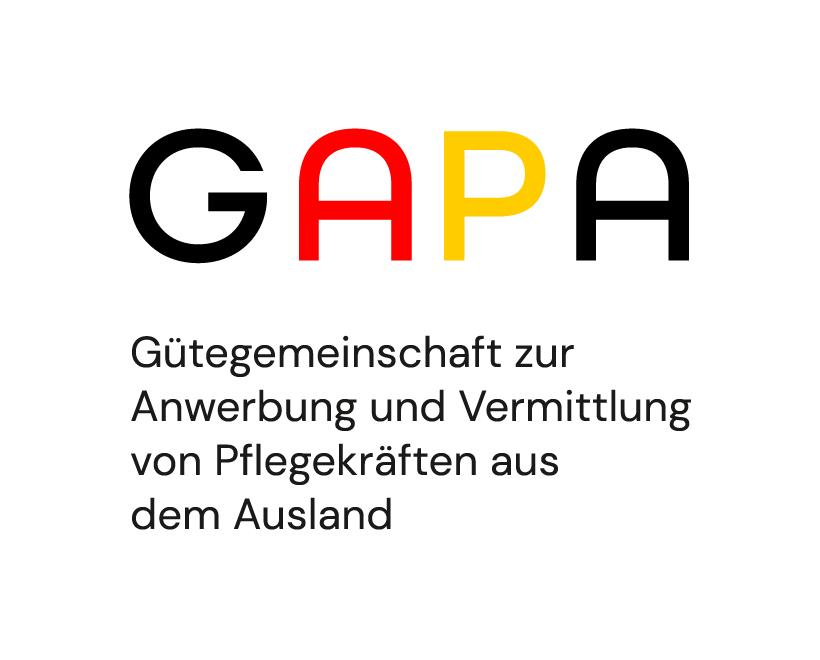Better living conditions, strong social benefits, and professional respect…
Working as a nurse in Germany is not just a job opportunity—it’s a pathway to a whole new life. As of 2025, the advantages Germany offers to nurses have become even more attractive for healthcare professionals applying from Türkiye. And in this journey, ProSkill‘s expertise is always by your side!
Here are the top advantages of working as a nurse in Germany in 2025:
1. High Salaries and Additional Benefits
Nursing salaries in Germany are significantly higher than in Türkiye and vary depending on experience and specialization. Additional compensation is paid for night shifts, public holidays, and weekend work.
2. Strong Job Security
The demand for qualified healthcare workers in Germany continues to rise. As of 2025, there is an estimated need for more than 150,000 nurses. This translates into stable and long-term employment opportunities.
3. High Quality of Life
Germany ranks among the most livable countries in the world, with high standards in education, healthcare, social protection, and environmental planning. Housing support, public transport discounts, and comprehensive social insurance contribute to a better quality of life for nurses.
4. Career Opportunities Across Europe
After obtaining your diploma recognition and gaining experience in Germany, you will have access to career opportunities across the EU. Countries such as Switzerland, Austria, and the Netherlands often accept healthcare professionals trained within the German system.
5. Language and Personal Development Support
With the help of expert institutions like ProSkill, you can receive B1–B2 level German language training before moving to Germany, and benefit from psychological and cultural support throughout your adaptation process.
👉 Learn more about language training and integration:
🔗 Integration & Language Support Program
6. Professional Respect and Career Advancement
Nursing is a highly respected profession in Germany with significant responsibility. There are many opportunities to specialize (e.g., oncology, intensive care), move into management roles, or even pursue an academic career.



